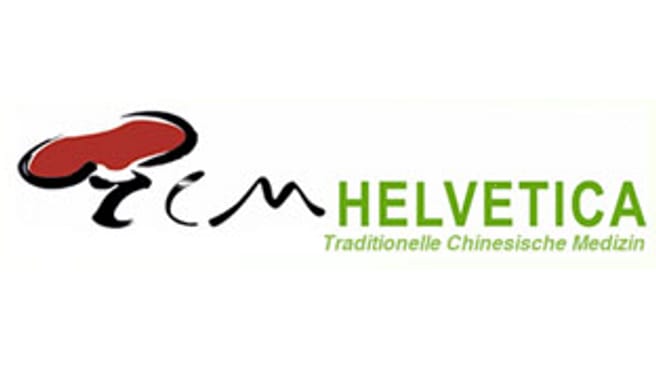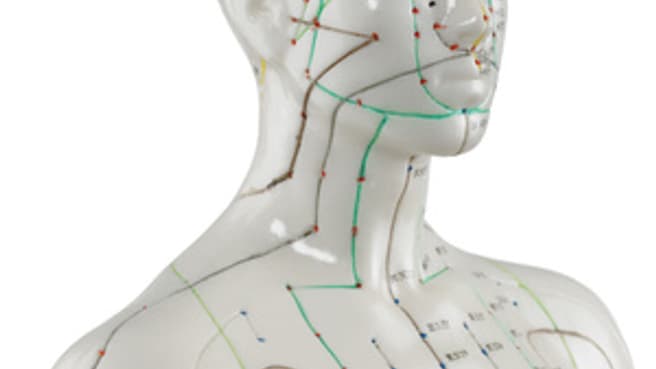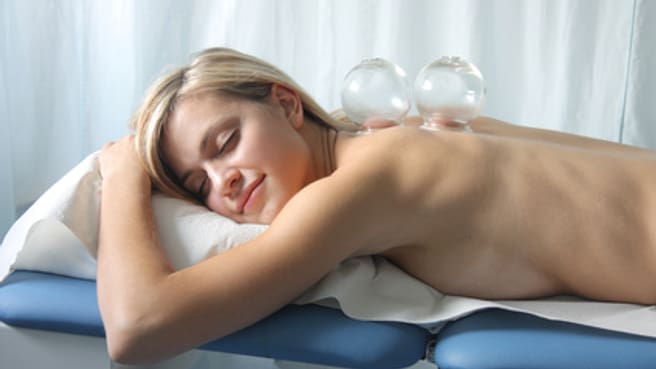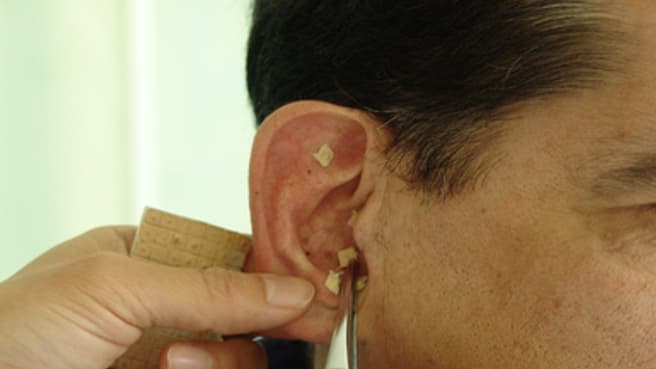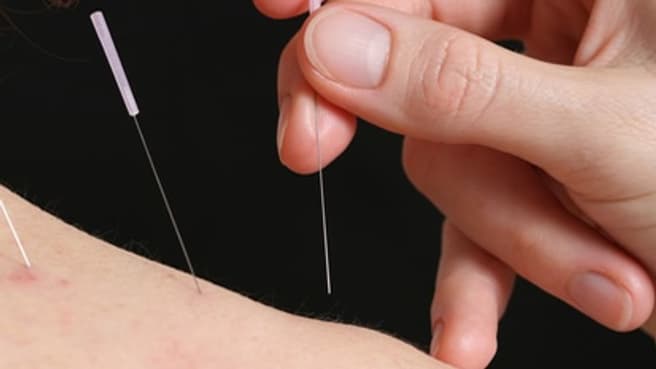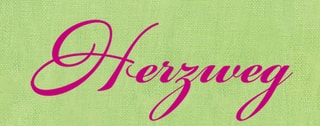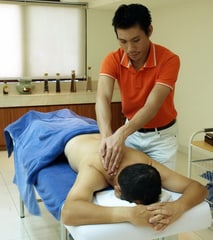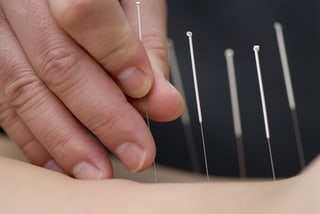Please use Microsoft Edge, Google Chrome or [Firefox](https://getfirefox. com/).
TCM-Helvetica GmbH (Rheinfelden)
Do you own or work for TCM-Helvetica GmbH?
About Us
Philosophy of Traditional Chinese Medicine
Any occurrence of ailments indicate an imbalance in the forces of Yin and Yang and the life energy (Qi). TCM strives to maintain or restore the balance in the human being. The Chinese therapist therefore cares about you as a human being and not only about your symptoms.
The four examination methods (si-zhen)
Through the four examination methods, the various causes of illness (internal and external) are diagnosed. Subsequently, the disease can be fought with individually adapted methods.
1. observation (wang-zhen) 2. Hearing and smelling (wén-zhen) 3. Questioning (wèn-zhen) 4. Palpation (qie-zhen).
The 5 basic substances of TCM.
The foundation of TCM is formed by means of the five basic substances of the body. Each aspect of TCM is only significant in relation to the symptoms and patterns of the individual.
1. qi
Qi is a fundamental concept in Chinese philosophy, no English or German word can adequately translate its meaning.
Qi is the source and companion of all the body's movements and at the same time protects it. Qi prevents pathological environmental influences (the disease-causing factors) from entering the body and fights them if these disease-causing factors do manage to penetrate.
2. blood
The Chinese description of blood is not exactly the same as that of Western medicine.
The main function of blood is the perpetual circulation in the body, nourishment, maintenance and to some extent wetting of various parts of the body.
The blood moves in the blood vessels, but also in the channels. Congested blood means an obstruction or blockage that can inhibit blood flow.
**3. jing
Jing is best translated as "essence." It is thought of as a liquid substance that has a supporting and nourishing function. It forms the basis of all organic substances and is the basis for reproduction and development.
**4. shen
Shen translates as "spirit." If Jing is the source of life and Qi is the source of activity and movement, Shen is the vitality that stands behind Jing and Qi.
5. juices (jin-ye)
All fluids of the body, except blood, are referred to as humors. They include sweat, saliva, digestive juices, and urine. "Jin" are the light and clear juices while "ye" denotes the heavy and viscous ones.
Yin-Yang
The two terms stand for opposite principles: yang is originally associated with the idea of the sunny and therefore warm and light, while yin is associated with the idea of the shady and therefore cool and dark. The transition between yin and yang is fluid. From this basic meaning, one also assigned a yin and a yang pole to a plethora of other pairs of opposites. In particular, the masculine was considered yang, and the feminine was considered yin. With the consistent application of this binary division to the totality of all things and ideas, the opposition of yin and yang was elevated to the rank of a universal given, which constituted and characterized the entire reality. Thus, all phenomena were interpreted as manifestations of the opposition of these two opposing poles and their interplay.
Treatment Methods
- Ear Acupuncture
- Moxibution
- Herbal therapy
- Tui Na massage (An mo)
- Acupuncture
- Cupping
This text has been machine translated.
Languages
Location and contact
TCM-Helvetica GmbH
-
office address
Habich-Dietschy-Strasse 13 4310 Rheinfelden
-
Phone
0618... Show number 061 833 83 83 *
-
Write an e-mail
- Visit site Visit site
- * No listing required
reviews
Do you wish to rate "TCM-Helvetica GmbH"?

3 reviews from older local.ch. archives
Data from June 2019
* These texts have been automatically translated.
Other listers

TCM-Helvetica GmbH

